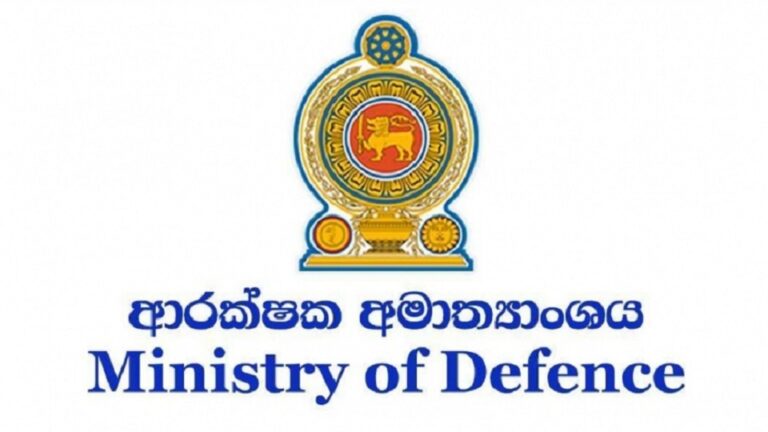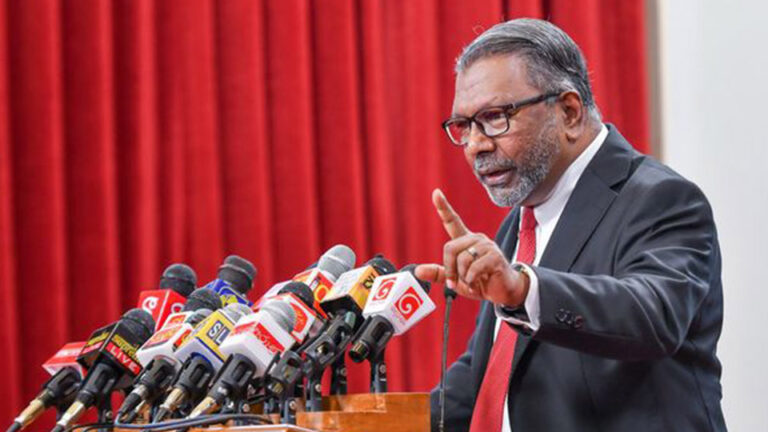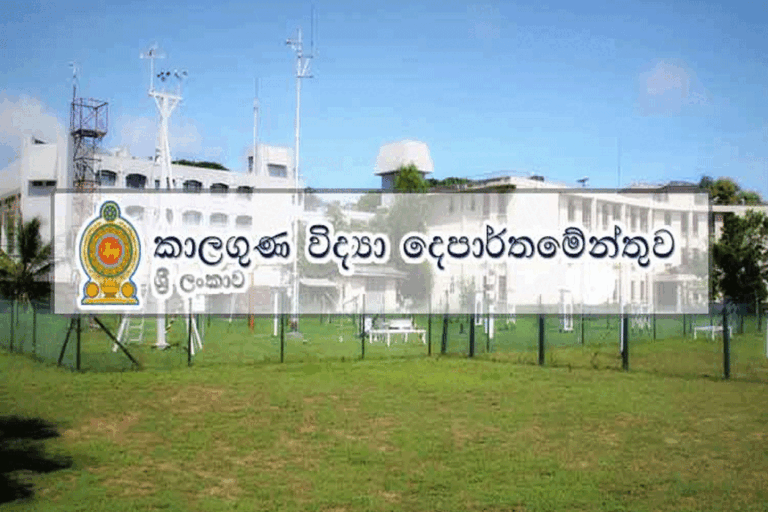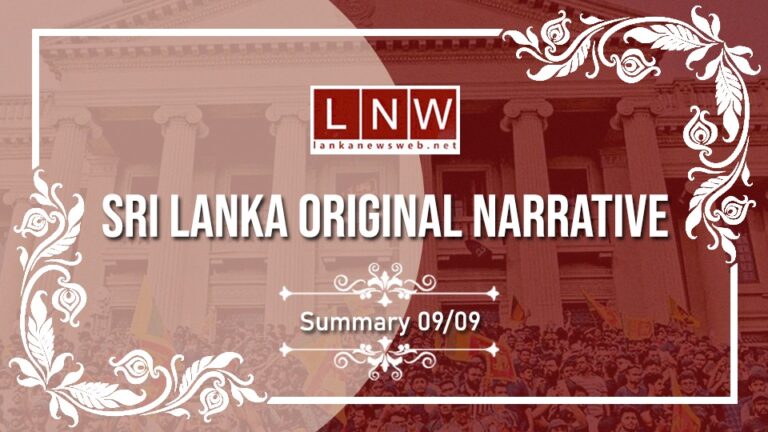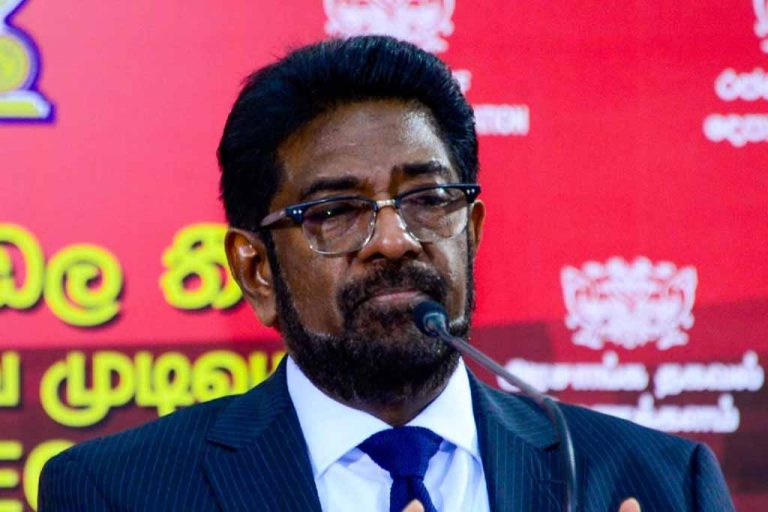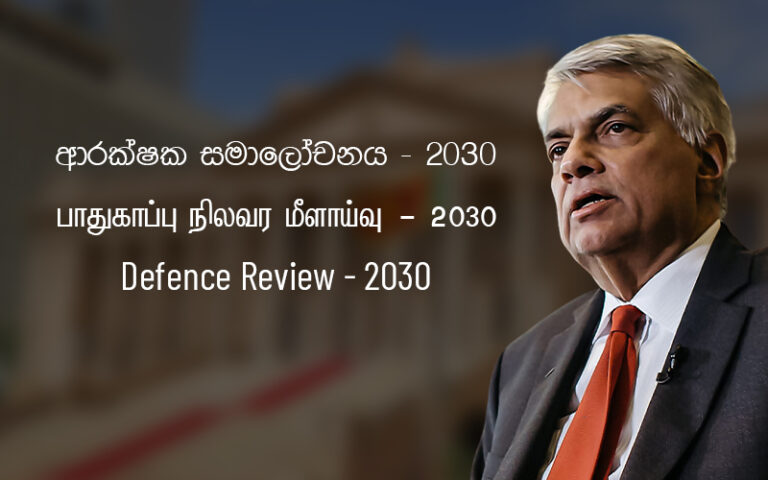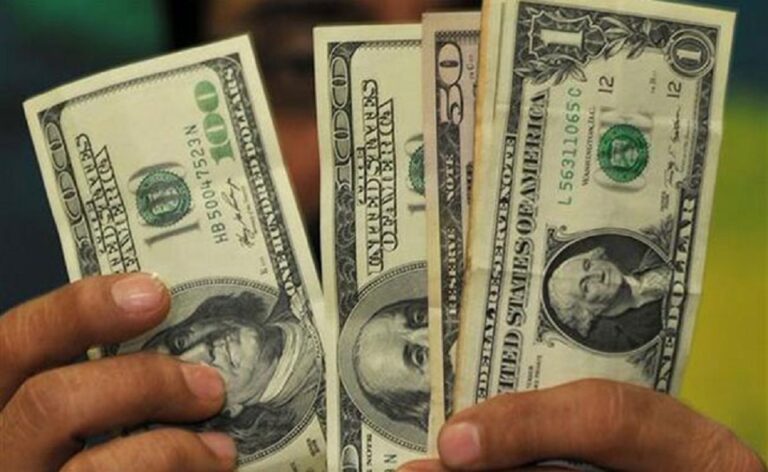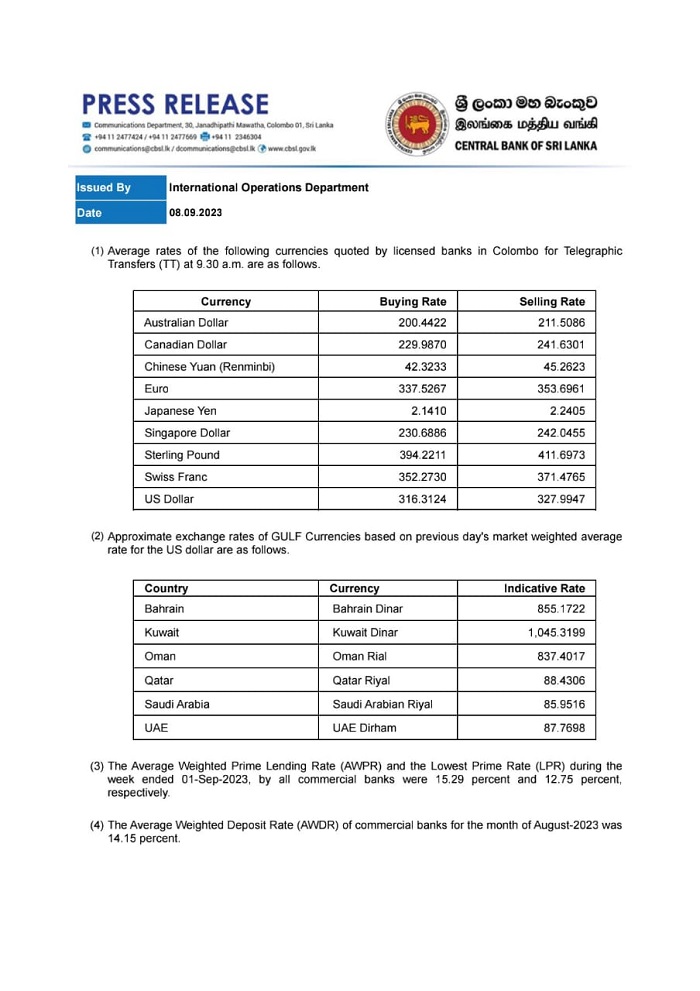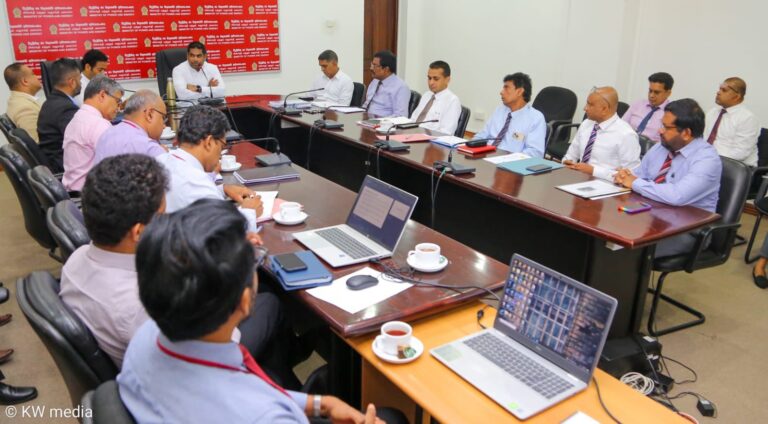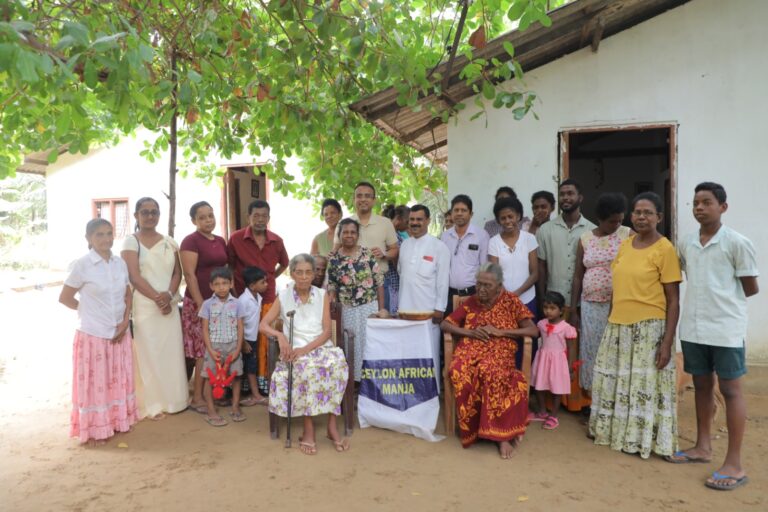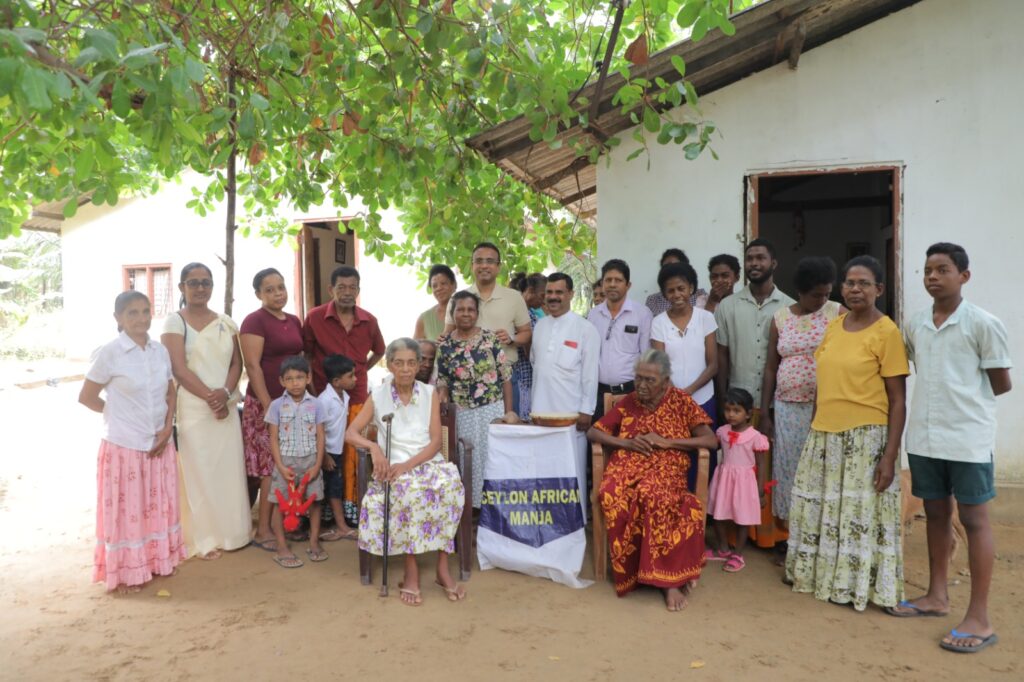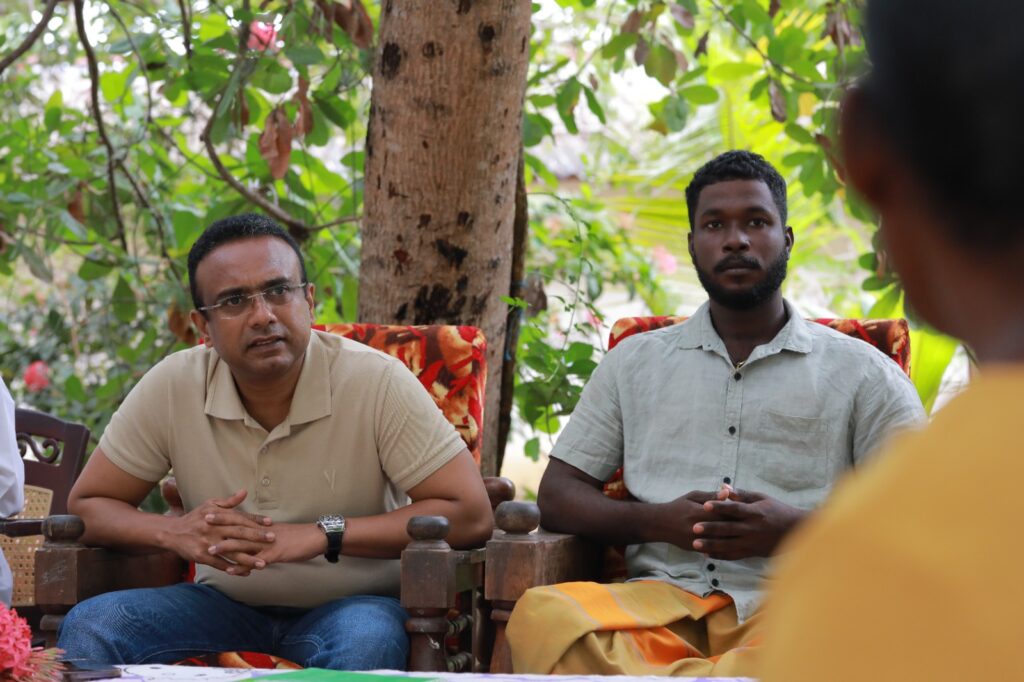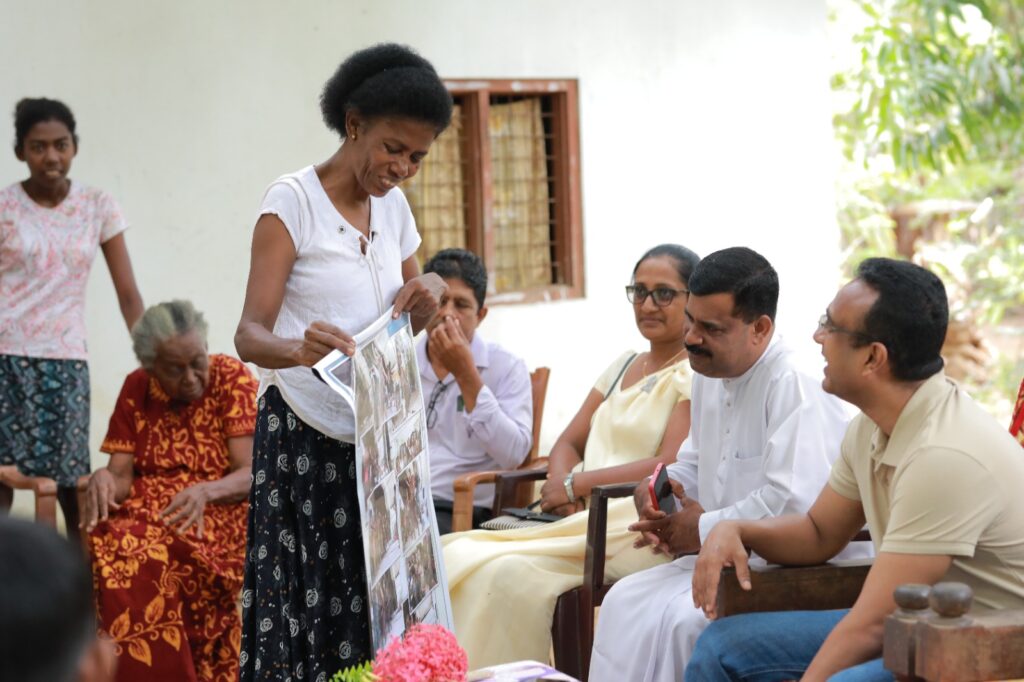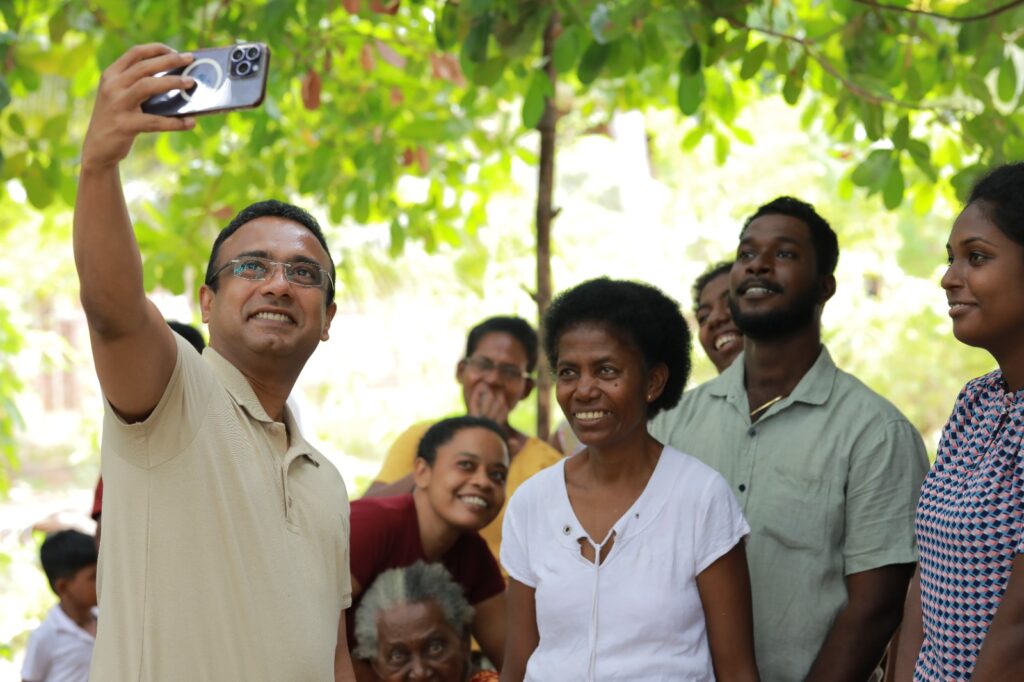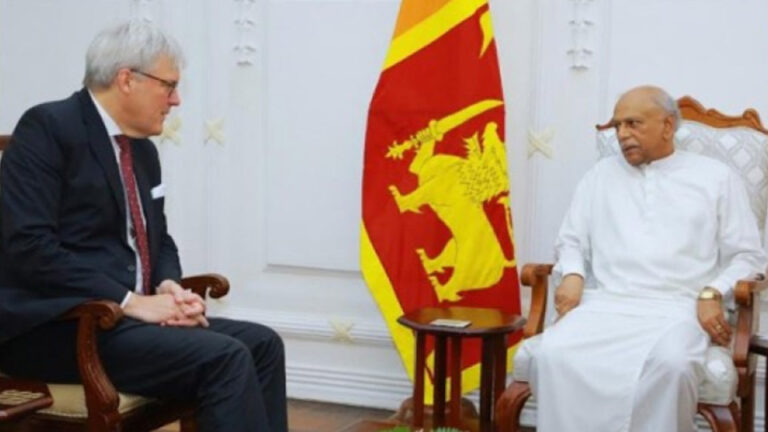Colombo (LNW): The Ministry of Defence categorically denied the allegations levelled by British Channel 4 in a recent documentary about the April 2019 Easter Sunday massacre, calling the disclosure’s claims ‘unfounded, malevolent, and poorly substantiated.’
Full Statement:
MINISTRY OF DEFENCE: OFFICIAL REBUTTAL TO CHANNEL 4’S REPREHENSIBLE ALLEGATIONS REGARDING THE EASTER SUNDAY ATTACK
In the face of a heinous and merciless assault that shook the world – the Easter Sunday Attack of 2019 – which claimed the lives of nearly 270 innocent souls, including children and foreigners, Sri Lanka and the International Community watched in horror. In the wake of this catastrophe, the Sri Lankan Government, its Law Enforcement Agencies, Security Forces and international investigation agencies launched exhaustive investigations. Over the years, these investigations, both local and international, have consistently pointed to ISIS-affiliated group members led by Zahran Hashim as the architects of this horrifying tragedy.
However, it is with unwavering resolution and an unyielding commitment to the truth that the Ministry of Defence wishes to respond to the recent documentary produced by British Channel 4 television cooperation on 5th September 2023. This documentary audaciously shifts the blame of the Easter Sunday Attack onto Military Intelligence and Major General Suresh Sallay, the present Director General of the State Intelligence Service of Sri Lanka.
The Ministry of Defence vehemently denounces the accusation of orchestrating the attack and assisting the bombers against a dedicated senior military officer who has served the nation for 36 years. Major General Suresh Sallay served at the Sri Lanka High Commission in Malaysia as Minister-Counsellor from December 2016 until December 2018. He left for India on 3rd January 2019 and returned to Sri Lanka on 30th November 2019 after completing the National Defence College Course in Delhi. This officer was never in Sri Lanka during the period mentioned in the Channel 4 video documentary. Furthermore, during the said period (December 2016 to November 2019), this officer was not employed in the Intelligence and Security Apparatus of the country, nor did he hold any official responsibilities in those fields. The Ministry of Defence also reiterates that no terrorists involved in the Easter Sunday attack have ever been on the government payroll. Therefore, the Ministry of Defence categorically refutes these outrageous allegations and expresses profound dismay at Channel 4 for promulgating such a malicious and unsubstantiated narrative.
In the wake of the Easter Sunday Attack, successive Sri Lankan governments have demonstrated an unwavering commitment to uncovering the truth. They have done so by facilitating transparent investigations conducted by both local and international professional agencies. These investigations including the meticulous work of the Criminal Investigation Department, Counter Terrorist Investigation Division and the Presidential Commission of Inquiry (PCoI), have consistently corroborated the responsibility of the radical extremist group for the attack. Additionally, the Sectoral Oversight Committee on National Security has played a pivotal role in proposing measures to bolster national security.
Moreover, it is imperative to underline that the comprehensive investigation conducted by the Australian Federal Police (AFP) and by the Federal Bureau of Investigation (FBI) in the United States, along with the subsequent verdict rendered by the US Department of Justice, have reaffirmed the findings of local investigations. This resounding endorsement from an international investigative agency further substantiates the accuracy and integrity of the investigation.
Despite unwavering and magnanimous endeavours, Channel 4’s myopic and malevolent conduct not only imperils the very fabric of Sri Lankan society by sowing seeds of discord but also shamelessly jeopardizes the reputation and safety of those who have resolutely upheld their integrity and responsibility.
While the Ministry of Defence respects the freedom of expression and upholds the significance of investigative journalism, the Ministry of Defence emphatically asserts that Channel 4 will be held unequivocally accountable for any unforeseen actions or repercussions stemming from their unfounded, malevolent, and poorly substantiated claims made in the video documentary. On behalf of the Government of Sri Lanka, the Ministry of Defence hereby categorically refutes these false allegations and reiterates the government’s unwavering commitment to the truth, justice and the well-being of the Nation.

